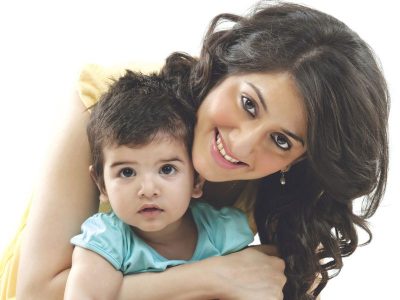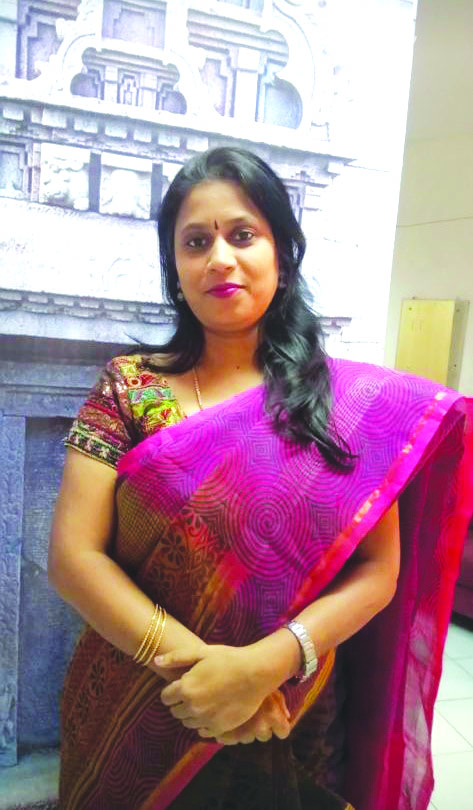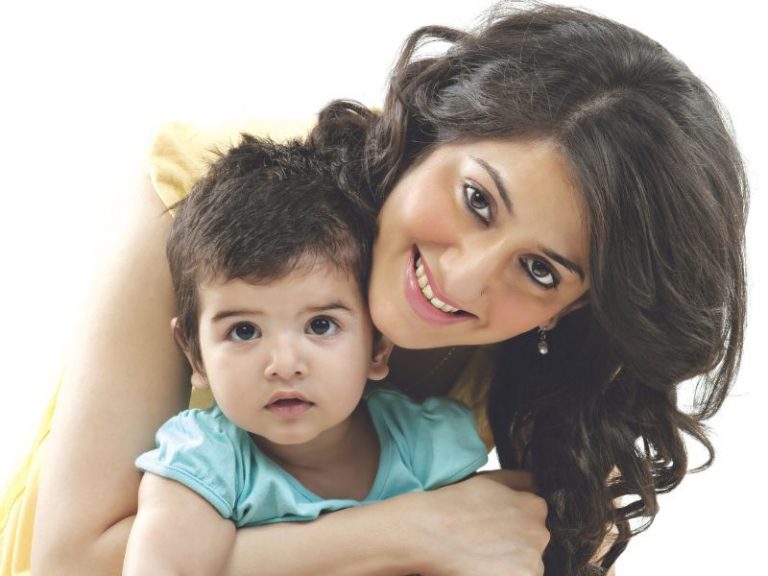Speech & language development milestones

The first three years of a child’s life are the most important and intensive period for developing speech and language skills. These inherent skills are best learned in an environment rich with sounds, sights, and exposure to speech and language capabilities of adults.
While the majority of children cross early childhood speech development milestones smoothly, some experience delays known as developmental language disorders and/or specific language impairment (SLI).
Children diagnosed with SLI exhibit significant deficits in articulation and/or comprehension of speech that cannot be explained by general cognitive impairment, sensorimotor deficits, neurological disorders, psychiatric diagnosis, or general lack of exposure to language. In such cases, early intervention, therapy and restructuring a child’s linguistic environment are critical to enable her to adapt in the self-care, social interaction, and education domains.
Therefore it’s of utmost importance that parents carefully observe and monitor youngest children’s speech and language development milestones to enable them to initiate immediate remedial action in cases of speech impairment and delay. These milestones enable doctors and other health professionals to determine whether a child is on track or requires assistance. A checklist of desirable milestones from birth to five years of age is set out below.
0-6 months
• Reacts to sudden or loud sounds
• Responds to familiar voices by altering her behaviour (for instance, she may stop crying after hearing her mother’s soothing voice)
• Follows the source of a sound (for example, a person talking and walking around the room)
• Makes different types of verbal sounds, which may not be speech
6-12 months
• Listens and pays attention when addressed
• Responds to simple commands (‘come here,’ ‘eat,’ ‘sit’)
• Understands the meaning of frequently used words (milk, bowl, plate, ball)
• Communicates with hand gestures, sometimes using specific sounds or words
• Speaks one or two words (mama, papa, come)
1-2 years
• Recognises names of objects
• Responds to questions
• Starts adding words to her vocabulary
• Uses combinations of two or more words
• Some children start uttering full sentences
2-3 years
• Able to verbalise familiar objects
• Articulates clearly for listeners to understand
• Expresses wants in words
3-4 years
• Uses sentences with more than four words
• Describes what happens at school or at home
• Answers questions clearly
4-5 years
• Listens to a narrative and asks questions
• Tells a story or anecdote
• Uses fairly correct grammar
• Hears, understands and responds to most speech addressed to her
• Communicates confidently
• Pronounces familiar words and sounds
 If you observe speech development delays, consult your paediatrician, clinical psychologist for a Developmental Milestones Assessment. If there’s a problem, she will refer you to a speech-language pathologist, a health professional trained to evaluate and treat people with speech/language disorders. Don’t neglect diagnosis of children’s speech disorders. Early intervention is critical for better prognosis and treatment.
If you observe speech development delays, consult your paediatrician, clinical psychologist for a Developmental Milestones Assessment. If there’s a problem, she will refer you to a speech-language pathologist, a health professional trained to evaluate and treat people with speech/language disorders. Don’t neglect diagnosis of children’s speech disorders. Early intervention is critical for better prognosis and treatment.
(Sailaja Pisapati is a clinical psychologist and founder of Sailaja Pisapati’s Mental Health Center, Delhi)
















Add comment